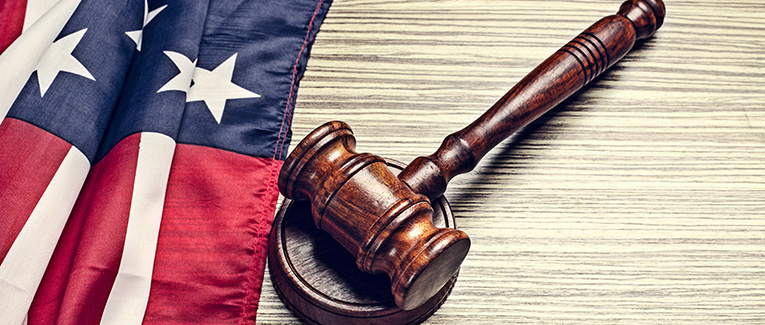Introduction
In the realm of legal jurisprudence, the question of whether the American legal system adheres to international standards is a pertinent and complex one. Rooted in the principles of justice, fairness, and equity, the evaluation of any legal system against international benchmarks necessitates a nuanced examination of various facets encompassing legal procedures, human rights protections, and the rule of law.

The Foundation of Legal Systems
Legal Frameworks
At its core, the legal system in America is predicated upon a dualistic structure, comprising federal and state jurisdictions. This intricate framework, delineated by the United States Constitution and bolstered by statutes, regulations, and judicial precedents, forms the bedrock of the American legal landscape.
Judicial Independence
Central to the notion of a robust legal system is the concept of judicial independence. Ensuring the judiciary remains insulated from undue influence or interference is imperative for upholding the rule of law. In the United States, the judiciary operates independently, guided by principles of impartiality and judicial discretion.
Human Rights Protections
Constitutional Safeguards
The American legal framework incorporates a robust system of human rights protections enshrined within the Constitution. Fundamental rights, such as freedom of speech, assembly, and religion, are safeguarded by constitutional provisions, fostering a climate conducive to individual liberties.
International Conventions
Moreover, the United States is a signatory to various international human rights treaties, including the Universal Declaration of Human Rights and the International Covenant on Civil and Political Rights. While ratification of these treaties underscores a commitment to upholding global human rights standards, enforcement mechanisms remain subject to domestic legislation and judicial interpretation.
Legal Procedures and Due Process
Adversarial System
One hallmark of the American legal system is its adversarial nature, wherein opposing parties present their cases before an impartial adjudicator. This adversarial framework, characterized by zealous advocacy and rigorous cross-examination, seeks to elucidate the truth and ensure fair outcomes.
Due Process Protections
Integral to the concept of justice is the principle of due process, entailing procedural safeguards designed to protect individuals against arbitrary deprivation of life, liberty, or property. From the right to a fair trial to the presumption of innocence, due process protections permeate the American legal system, fostering legitimacy and equity.
Challenges and Criticisms
Disparities in Access to Justice
Despite the strides made in bolstering the American legal system, disparities in access to justice persist. Socioeconomic factors, such as income level and geographic location, often dictate an individual’s ability to navigate the legal terrain effectively, exacerbating inequalities within the justice system.
Racial Disparities
Moreover, racial disparities continue to permeate the American legal landscape, manifesting in disproportionate rates of incarceration, disparate treatment within the criminal justice system, and systemic biases that undermine the impartial administration of justice.
Conclusion
In summation, while the American legal system embodies certain hallmarks of international standards, including robust human rights protections and an independent judiciary, challenges persist in ensuring universal access to justice and addressing systemic inequalities. As the legal landscape evolves and societal norms evolve, continual efforts to uphold the principles of justice, fairness, and equality are imperative to fostering a legal system that aligns with international standards and serves as a beacon of democracy and rule of law.